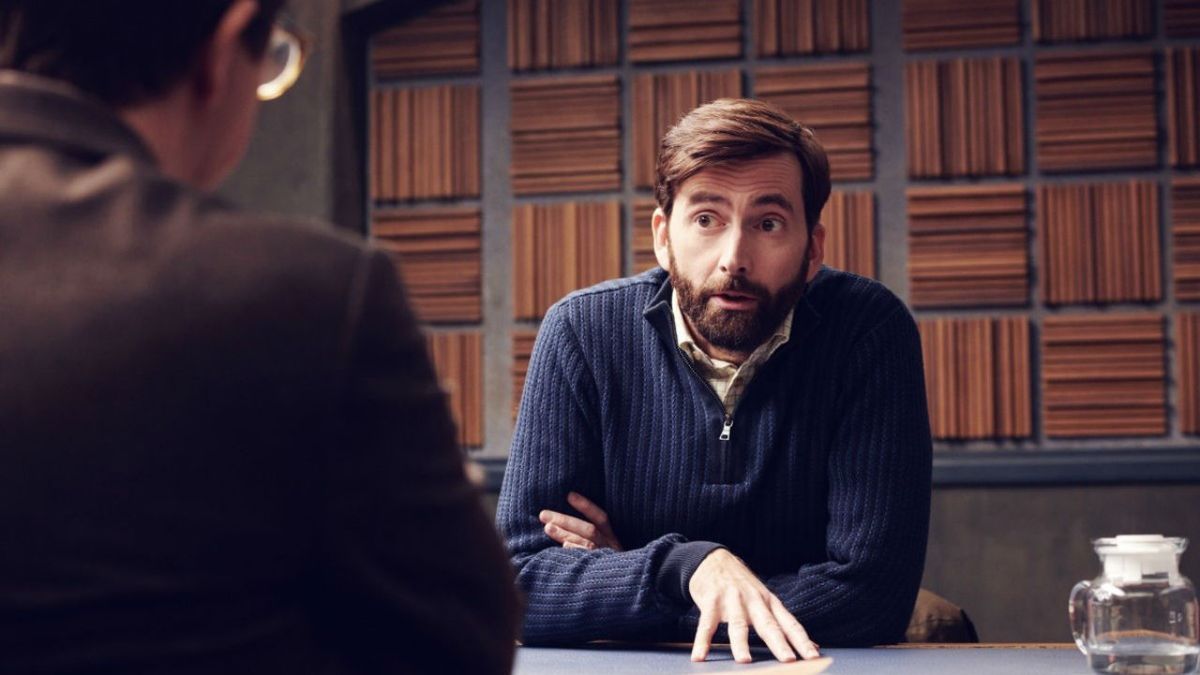Thirty-five-year-old office worker Michael (Michael Fuith) returns at night to his anonymous home. He brings in the groceries, cooks dinner and lays the table for two. Opening the locked door in his basement, he calls out into the darkness.
Only then do we realise that his dining companion is actually a 10-year-old boy, Wolfgang (David Rauchenberger), whom several months earlier he abducted and imprisoned…
Inspired by real-life cases (Josef Fritzl for one), Michael is the disturbing debut feature from Austrian writer/director Markus Schleinzer, a former casting director to Michael Haneke, whose clinical influence is plain to see.
Schleinzer refuses to exploit his chilling scenario; he neither moralises nor attempts to shock. We never see how Michael carried out the kidnapping (although a later scene at a go-karting venue suggests a possible MO) and are left to imagine the actual acts of sexual abuse inflicted upon Wolfgang.
What makes this such a thought-provoker is the homing in on its morose protagonist’s daily routines – we see Michael not only as a paedophile, but as a diligent employee, a son, a brother and a friend, who joins two mates on a skiing trip, where he sleeps with a barmaid.
Observing how the captor and his prey spend time together – watching TV, visiting the zoo, carrying out household chores – the chilling realisation dawns that Michael is striving for what he believes to be a ‘normal’ domestic relationship.
Schleinzer adopts an austere, typically ‘arthouse’ approach: hence the restrained performances, the troubling silences, the controlled camerawork, and the muted colour palette. Yet it’s his use of Boney M’s disco classic ‘Sunny’ that may be his most inspired move.
Triggering much more than just ironic laughter, it provides a glimpse into the mindset of a man who we may wish to label a monster, but who yearns, like everyone, to be loved.
Haneke fans will be impressed by this rigorous, finely acted study of a suburban paedophile. Skillfully avoiding sensationalism, it nonetheless compels the viewer to contemplate the banality of evil.
 Game News Video Games Reviews & News
Game News Video Games Reviews & News



